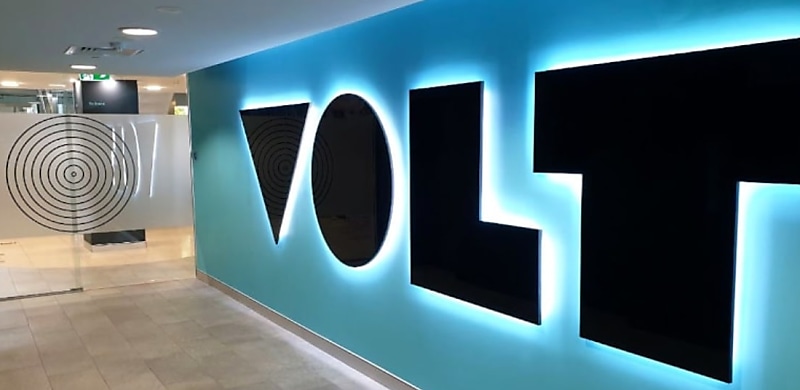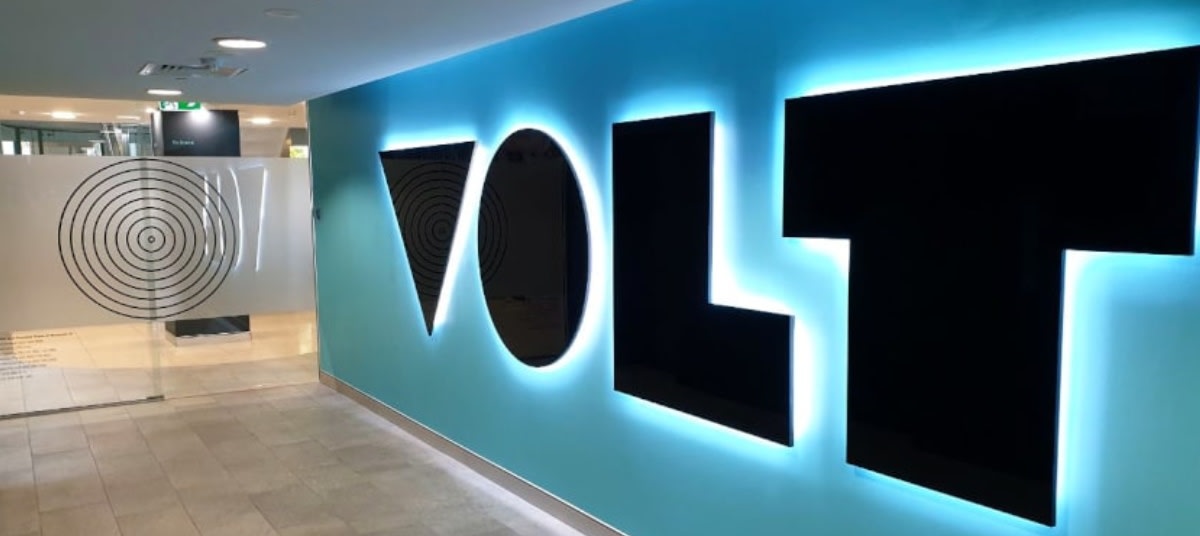
After having handed back its deposits and closed its banking business, Volt’s banking licence has now officially been revoked by APRA.
The Australian Prudential Regulation Authority (APRA) has revoked Volt Bank Limited’s (Volt) authorised deposit-taking institution (ADI) licence under the Banking Act 1959.
Volt completed its return of deposits process in July, after announcing its intention to exit the banking industry in June.
The neo-lender made the decision to close its deposit-taking business and return its banking licence, after it struggled to find enough capital to keep building its digital banking business.
The bank’s chief executive Steve Weston said in June that the board had “considered all options” but ultimately closing was in the “best interest” of its customers.
At the time of Volt’s announcement, 5,730 customers held deposit accounts with Volt with a total value of $107 million.
Following the decision to shutter its banking business, the return of deposits began, with APRA “closely monitoring” the process.
With that now complete, APRA has now confirmed it has officially revoked the bank’s licence.
Aggregation group Australian Finance Group Ltd (AFG) — which had a share in Volt Bank and had been trialling a Volt-funded white label product, Sparc — recently revealed in its financial results that the closure of Volt hit the company’s bottom line by $15 million, bringing total impairments in the financial year 2022 to approximately $21.3 million (after tax).
In addition, AFG had a $6.3 million (after tax) partial impairment of past capitalised expenditure relating to elements of the new technology platform developed prior to the acquisitions.
Volt Bank was the latest neo-lender to hand back its licence in recent years.
In 2021, Xinja Bank completed its return of customer deposits and transferred the remaining tail of deposits to National Australia Bank (NAB) after making the shock announcement that it would hand back its banking licence and cease offering banking products.
At the time of the announcement, Xinja had 37,884 customers with 54,357 individual deposits worth more than $252 million.
NAB also acquired another neobank, 86 400, recently, which has now merged with ubank under that brand name.
But new banks are still launching, with APRA having granted a restricted banking licence to Australia’s first Islamic bank, which plans to offer home finance through the broker channel.
Islamic Bank Australia — which is backed by 13 Muslim founders and owned by UAE-based company Abreco (which operates in multiple industries, including banking, freight, transport, energy, oil & gas, and education) — aims to start testing a suite of shariah-compliant retail and business banking services with a small number of customers in 2023.
[Related: AFG’s bottom line hit by Volt closure]

